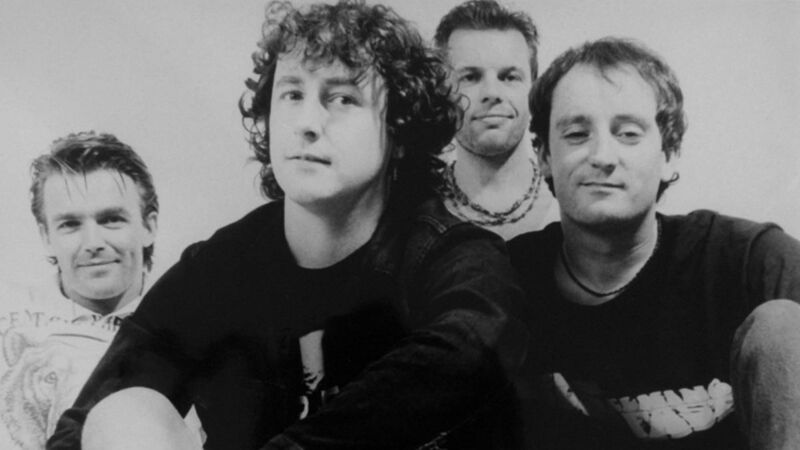Tom Dunne: Some simple steps to writing a hit song

Parachute by Something Happens was a hit in 1990, and has since garnered millions of streams in the digital age.
How do you write a hit? I’ve asked that question of enumerable hit writers. Their answers are either vague, as in “I wish I knew”, or trite, as in “start with the chorus, then repeat it”. The general consensus, though, is that it takes three minutes. Three minutes, a rabbit’s foot and divine intervention.
The closest I myself have ever come to a hit is a song called Parachute. It currently has 2.3 million streams on Spotify. This is ‘small beer’, as my children delight in telling me, compared to say, Beyoncé, or indeed the lad up the road who posts road-kill videos on TikTok. But to me it is a source of quiet delight.





